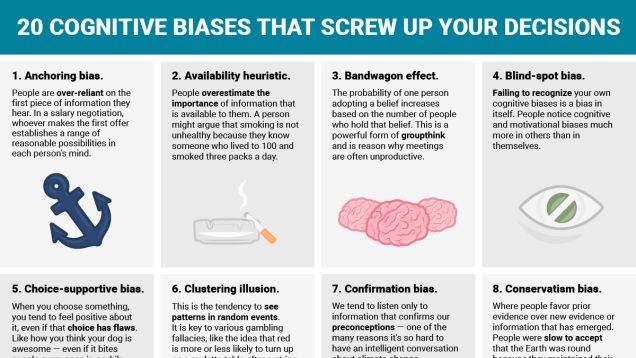

The funders had no role in study design, data collection and analysis, decision to publish, or preparation of the manuscript.Ĭompeting interests: The authors have declared that no competing interests exist. This is an open-access article distributed under the terms of the Creative Commons Attribution License, which permits unrestricted use, distribution, and reproduction in any medium, provided the original author and source are credited.įunding: This research was supported by the following grants from the National Science Foundation of China (31130025), the 1000 Young Talents Program, the Advancing Scholarship in the Humanities and Social Sciences, the 111 project (B07008) and NIMH (PO1 NS19632). Received: ApAccepted: SeptemPublished: October 5, 2012Ĭopyright: © Xue et al. PLoS ONE 7(10):Ĭentre national de la recherche scientifique, France (2012) The Gambler’s Fallacy Is Associated with Weak Affective Decision Making but Strong Cognitive Ability. Our result provides a novel insight into the mechanisms underlying the GF, which highlights the significant role of affective mechanisms in adaptive decision-making.Ĭitation: Xue G, He Q, Lei X, Chen C, Liu Y, Chen C, et al. With data from a large sample of college students, we found that individuals’ use of the GF strategy was positively correlated with their general intelligence and executive function, such as working memory and conflict resolution, but negatively correlated with their affective decision making capacities, as measured by the Iowa Gambling Task.


The present study examined an intriguing hypothesis, based on emerging evidence from neuroscience research, that the GF might be attributed to a weak affective but strong cognitive decision making mechanism. The GF has been traditionally considered as a heuristic bias supported by the fast and automatic intuition system, which can be overcome by the reasoning system. Humans demonstrate an inherent bias towards making maladaptive decisions, as shown by a phenomenon known as the gambler’s fallacy (GF).


 0 kommentar(er)
0 kommentar(er)
